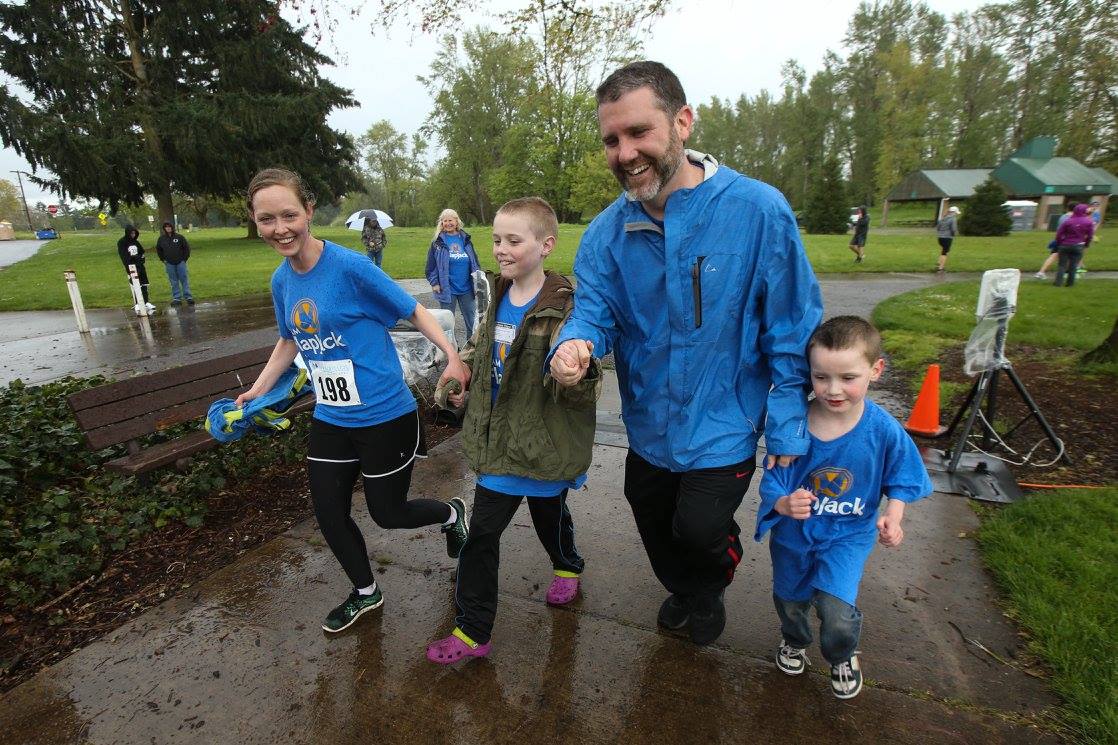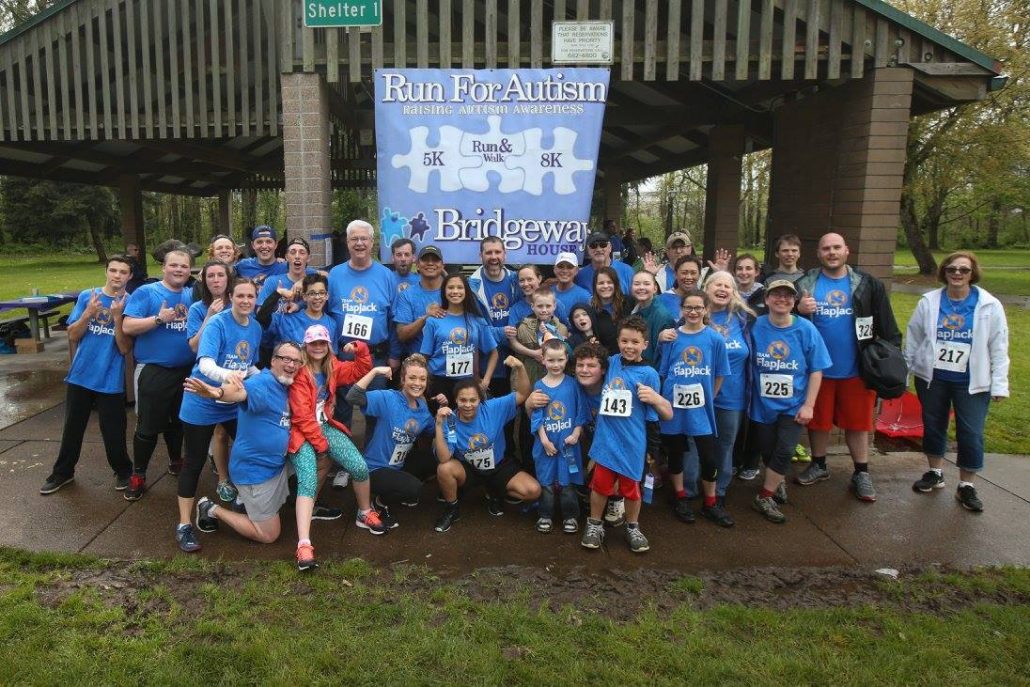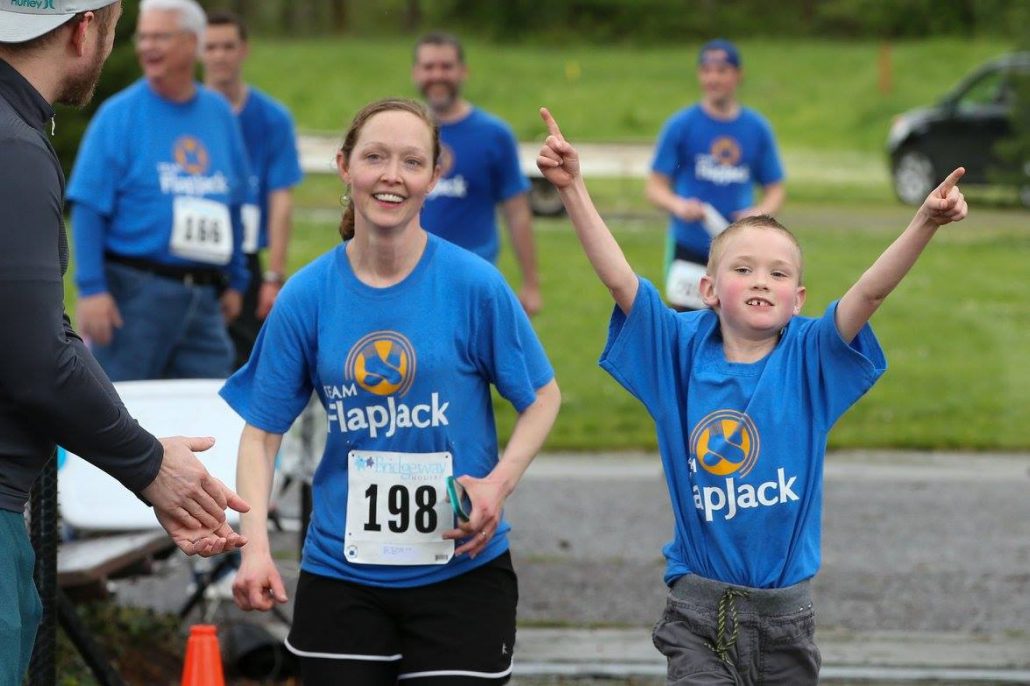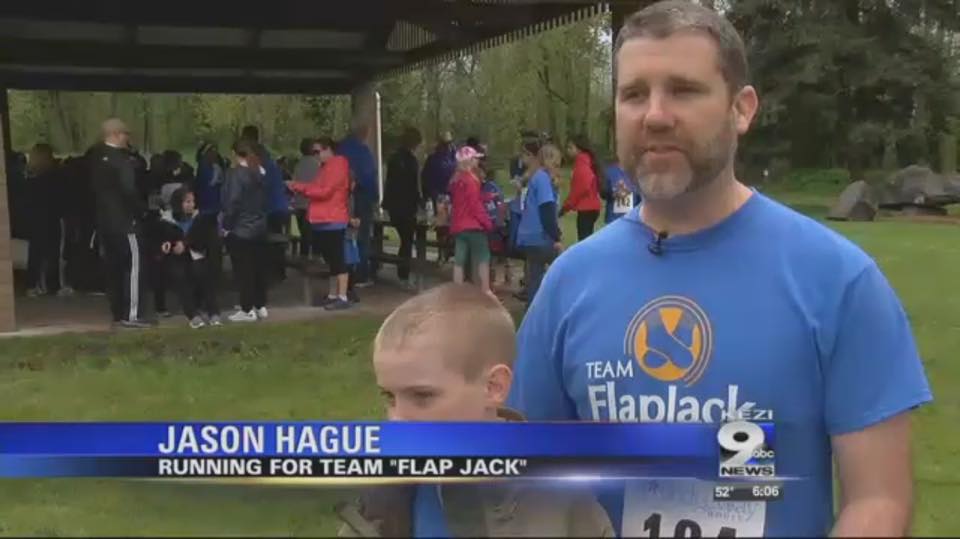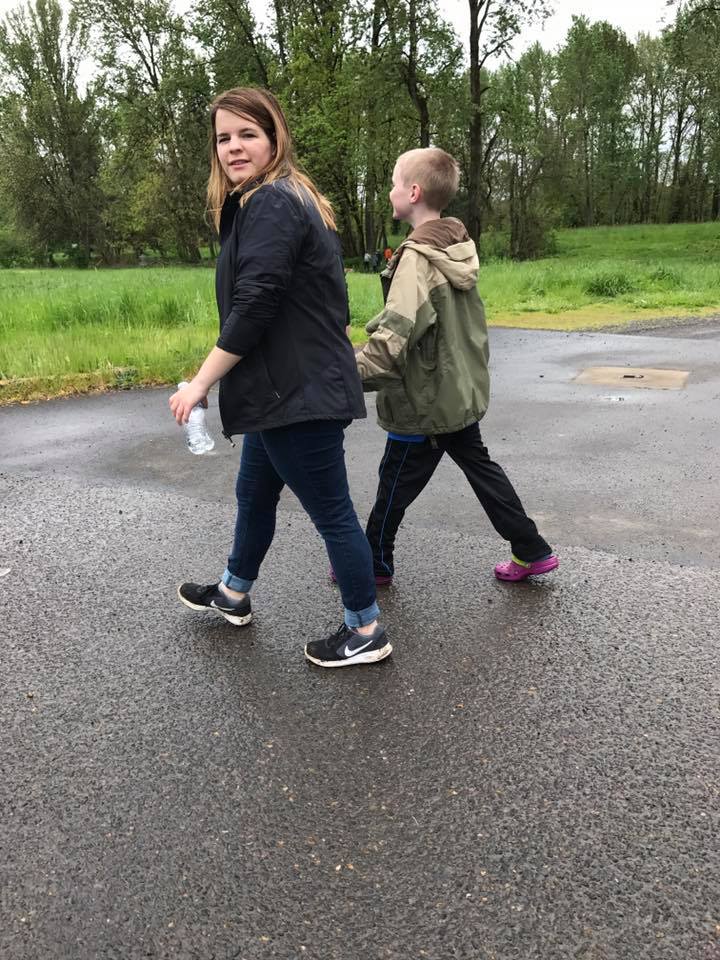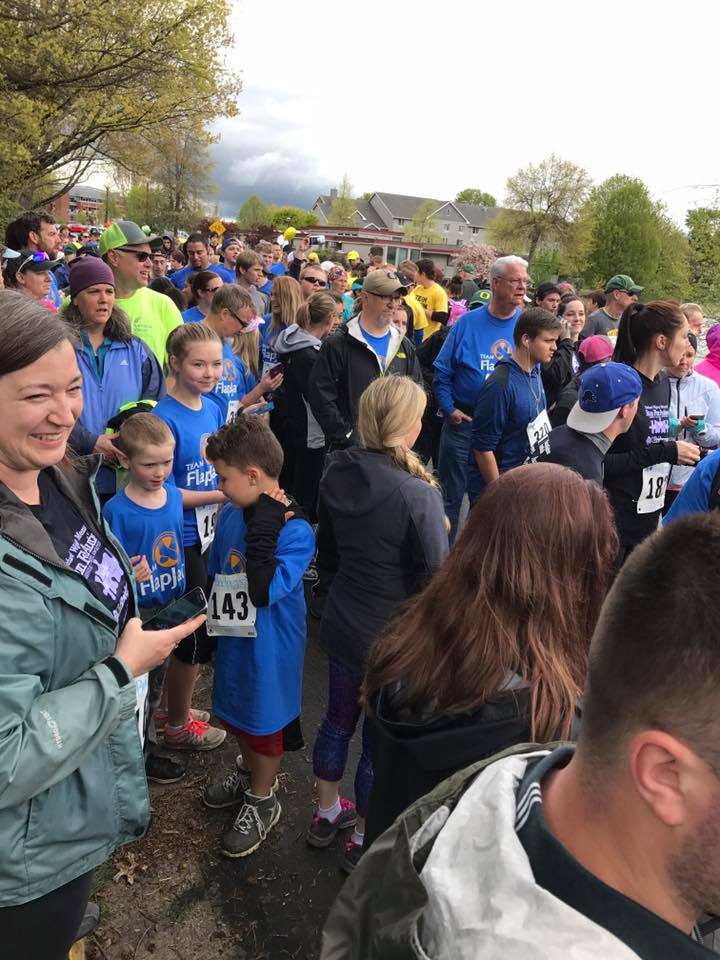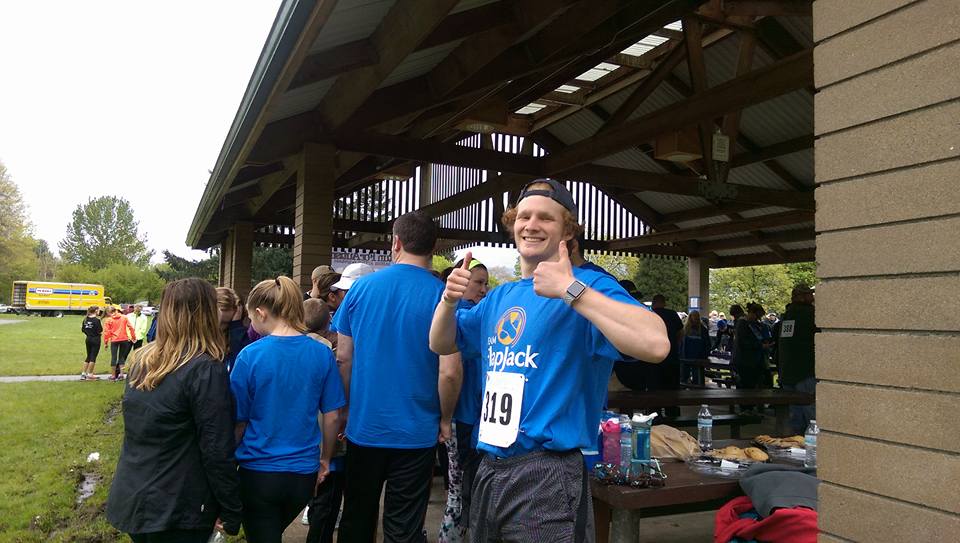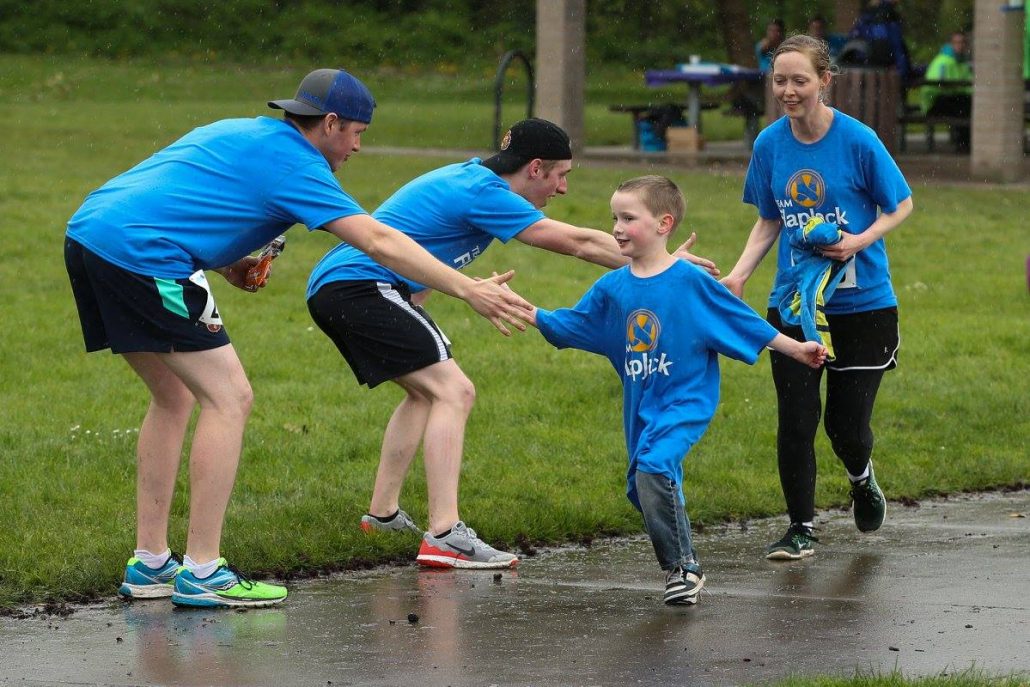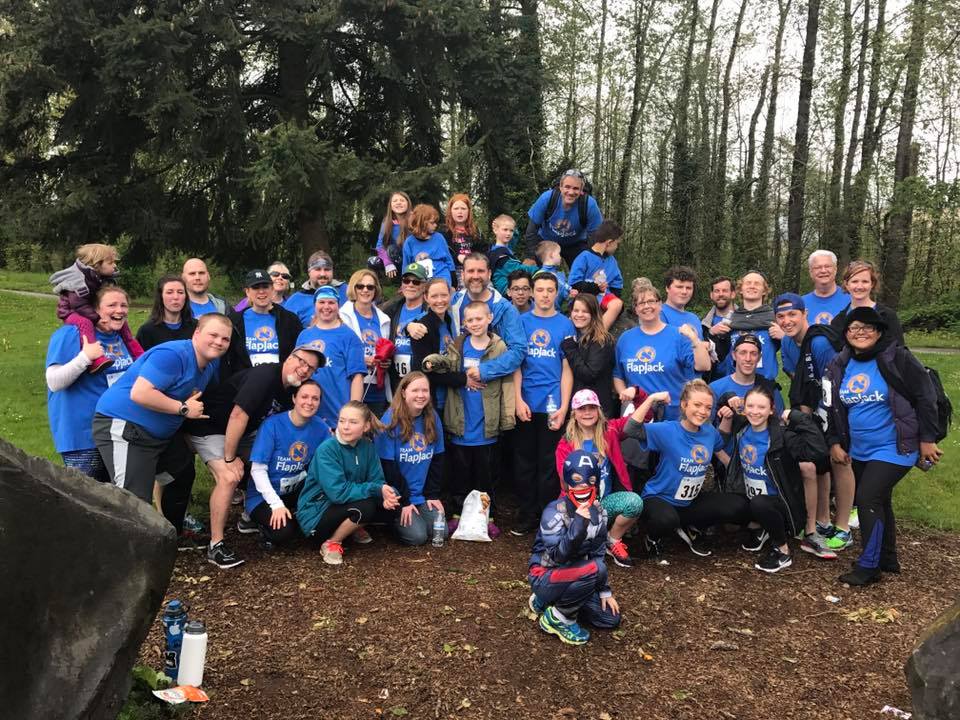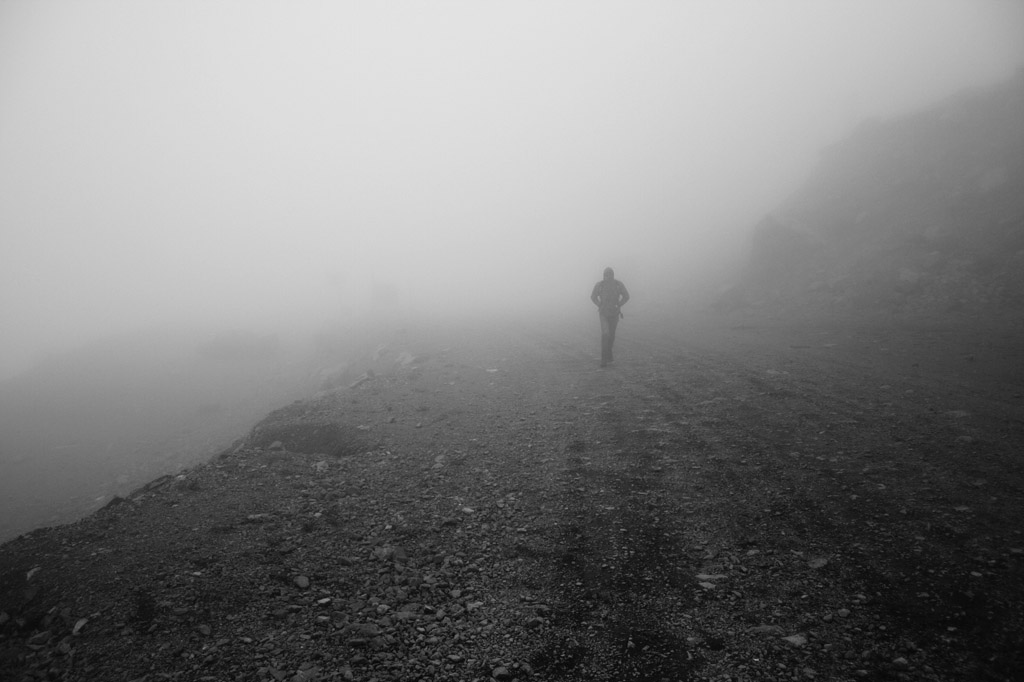Let This Carry You
Sunday afternoon, our whole community showed up to support him. Monday evening, he melted down again.
Anxiety attacks have haunted Jack nearly every day this month. They’re not temper tantrums. Rather, they’re like onslaughts of sheer, icy panic; floods of emotion he can’t hold back. He runs toward the nearest glowing screen and starts pushing buttons—a digital itch he must scratch. We tell him, “no movies, son,” and he begins punching his forehead. We raise our voices, but before we even get the words out, he screams, “No helmet!”
“Stop hitting yourself, then,” we say.
Then, the tears spill out in shrieks. All we can do is pull him close and whisper his requested reassurance: “first sleep, then morning, then Cars 2.”
It happened Monday night when I was alone with the boys. His 5 year old brother set him off with an actual temper tantrum. Jack couldn’t recover, and he ended up huddled close to me on the couch. “I love you, son,” I told him. Our heads were touching. “First sleep, then morning, then Cars 2.”
On evenings like that, I often feel the old tug of despair on my sleeve, and the temptation to let it wash over me like it used to: Jack’s anguish; his future; our lack of connection. It still gets the best of me from time to time. But on this occasion, the sadness didn’t win. It couldn’t win. Not after what happened the day before.
***
It rained during the 5K Race for Autism, but nobody cared. They are Oregonians, after all. Some didn’t even bother with sweaters or raincoats, letting Team FlapJack shirts shine with pride. The blue was more prominent than any other color or costume theme. A team of over sixty. You couldn’t miss us.
I stood next to the boy himself, who was wearing a brown coat over his own blue. We had talked about the race all week long.
“Look at all these blue shirts, buddy. They’re here for you!”
Half my church showed up, and others too. Old friends. Former teacher. Staff from his early intervention years. Even his beloved Mrs. E. When he saw her, he leaned in with an expression of dazed wonderment that spoke more clearly than words ever could: “I can’t believe she’s here.”
Indeed, I couldn’t believe they were there, either. All of them showing their support for my family. All of them cheering on my boy. So many of them. And the other teams, too, all celebrating beloved children who are so often forgotten. So much joy.
The race was cold and beautiful. We wound through a riverside park, past Autzen stadium over a long footbridge, and back along the edge of the University of Oregon campus. A caravan of friends ran with me to keep me honest. I didn’t want to walk this thing. I wanted to run it through to the end. They didn’t have to prod me much, though. With a pack of friends running the same race, who needs policing?
***
I sat in Doug’s office the next morning and reflected on it all. Doug is a mentor and a friend who has walked with me through the thick depressing years, and prayed me through my innumerable ups and downs.
“Let yesterday carry you,” he told me.
I knew at once what he meant. All those beaming faces, the sea of royal blue runners, the overwhelming show of support. Not every day is like that, but Sunday was. Sunday was solid and real. Sunday could never be taken away from me. It ought to be a stake in the ground; my stone of remembrance.
And this advice was coming from a man who’s just been walking through the greatest, most painful trial of his own life. His wife of over forty years is battling severe Alzheimers. His best friend is slipping away by inches. He knows all about ups and downs, bright days and dark ones. Memories are more than gold-laden treasures; they are his swords.
In a culture so enamored with romantic tragedy, it sounds almost naive to think that memories can be used to fight despair rather than lead to it.
Here in the west though, despair is as decorative as a henna tattoo. In our worst moments, we are the goths, dressed in midnight and hellbent on mourning. Our laughter is bitter and hoarse, our diversions dark with apocalyptic foretelling, and even the pineapple rays of sunshine just serve to make the shadows more stark. Joy becomes a scarlet letter worn by the privileged few who are not outraged, and therefore not paying attention.
“How can we celebrate while the innocents suffer?” they demand. We stutter, so they press on, insisting the party-goers silence the whooping and whistling, and all the waving of palm-branches; that deliverance is a myth as long as some innocent still sits in a cell, and we all know injustice abounds.
So round and round we go on a carousel of hand-wringing and hashtags. Happy faces are all ablur and out of touch. We have no time for them. Days gone by are faded cold. We have no time for them. And hope for tomorrow hides beneath our beds like a monster waiting to see the skin of our ankles.
In such a culture, it feels natural to surrender to it all, because despair is easier than joy. Despair is memory foam, yielding to the weight of the worlds we carry on our shoulders.
Joy, though… Joy makes demands on us. Joy insists I remember that I am small, and my drama is limited. Joy asks me to offer thanks to God for his gifts even while they elude me. I might be barren, but a couple down the hall just delivered. I might be living in a drought, but somewhere, some thankful farmer is dancing in the rain. My current experience is simply not wide enough to define eternal truths. Creation cannot be wholly bitter at least, in a world of newborn children. As long as there is laughter, reality can’t be wholly cruel, and God can’t be wholly unseeing.
Even on days when the wine dries up, the dancing music goes silent, and there is no merriment to be found, we can, at least, hold in our minds the paintings of better hours. Those pictures are whispered reassurances from a calming Father, “there is still beauty. It’s not all used up.” And on the blue-shirted backs of these memories we climb, and ride them through till morning.
Images provided by my friends Jaymie Starr Photography, Ariah Richardson, and Chris Pietsch of the Bridgeway House. Thank you all!

